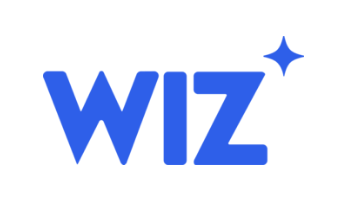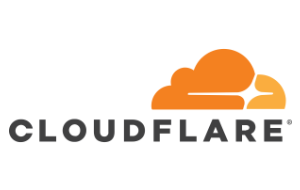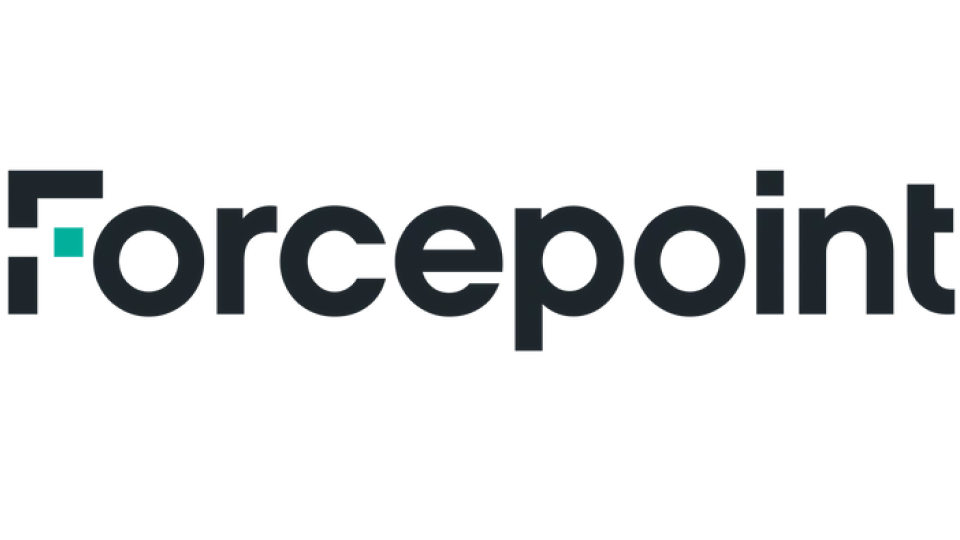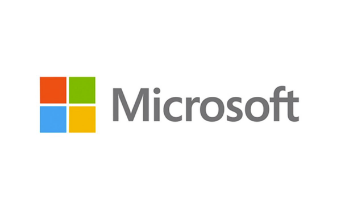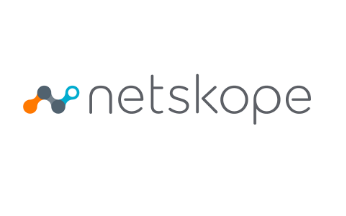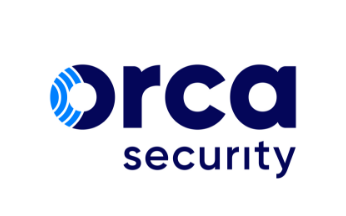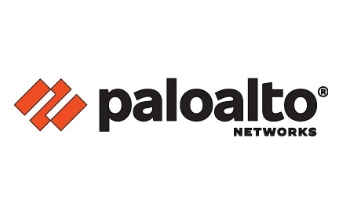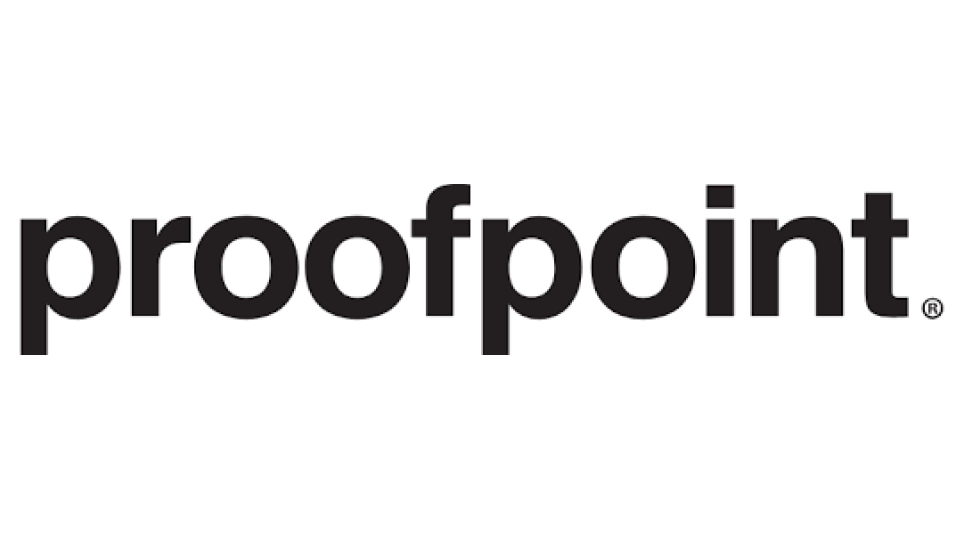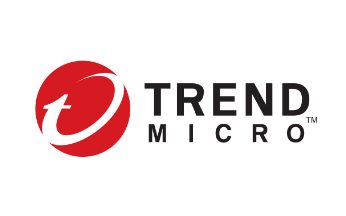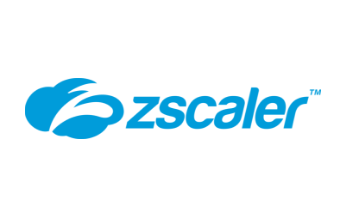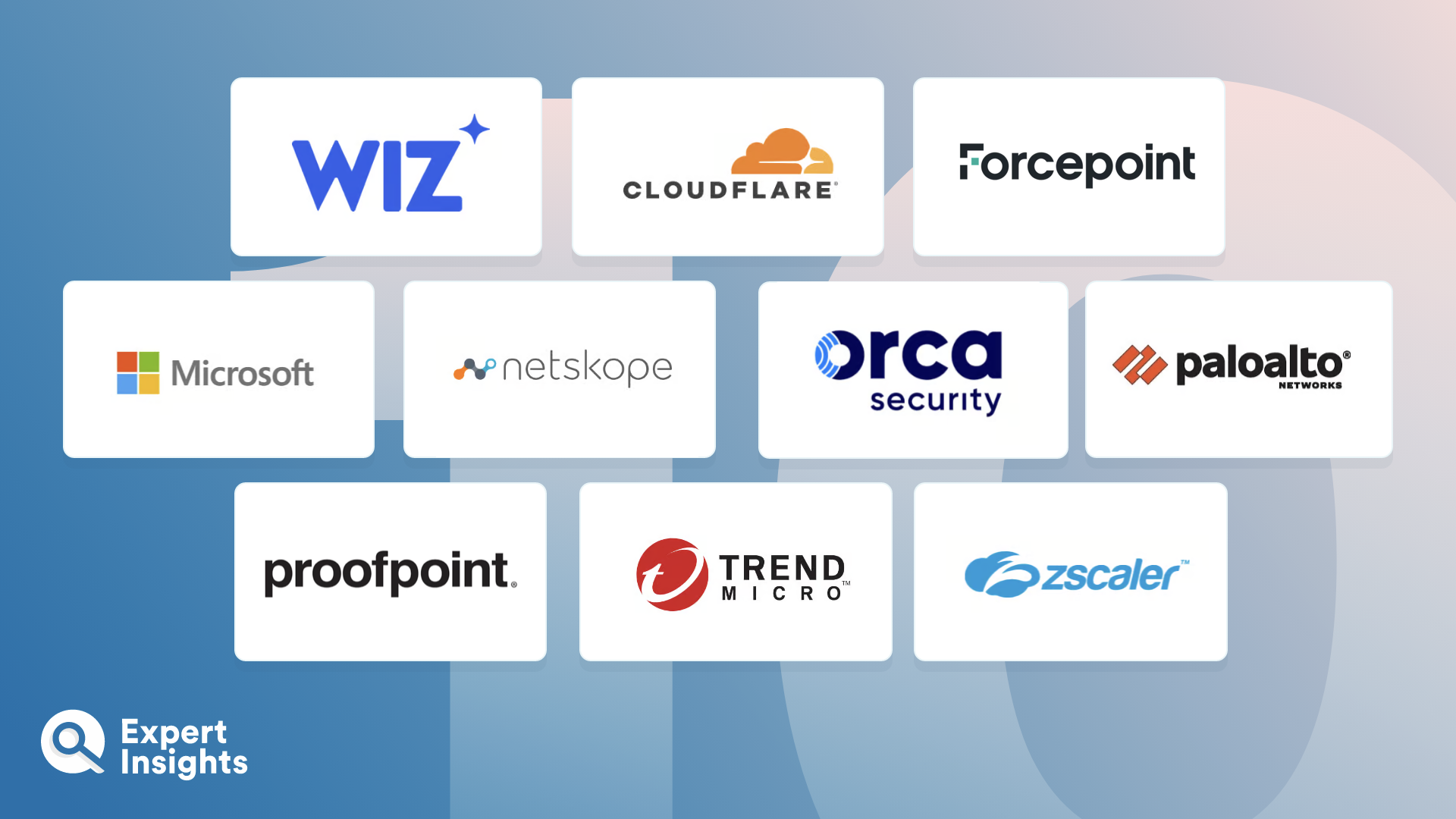Today the question of transitioning to cloud-based infrastructures is less a question of if and more a question of when for organizations that do not want to get left behind or miss out on the array or advantages that the cloud offers. Alongside the utilization of cloud resources comes the need to ensure cloud security is robust, to avoid creating new areas of vulnerability.
Cloud security software plays an important role in fortifying digital infrastructures against prevalent cyber-attacks. These tools are designed to secure data, applications, and networks housed in the cloud, offering comprehensive protection against both internal and external threats. By integrating cloud security software into their operations, organizations can better safeguard sensitive data, maintain regulatory compliance, and foster a secure and reliable cloud ecosystem.
The cloud security market is crowded, with a wide variety of solutions available that each take their own approach to securing cloud environments. Given all the choices available, finding the right cloud security software is no easy task, so we have put together this guide to make the process of choosing the right solutions for your organization a bit more straightforward. In this guide we will cover 10 of our top picks for cloud security software, exploring their core capabilities and providing some background on the vendors listed to help you evaluate which solution best aligns with your organization’s objectives and security protocols.



